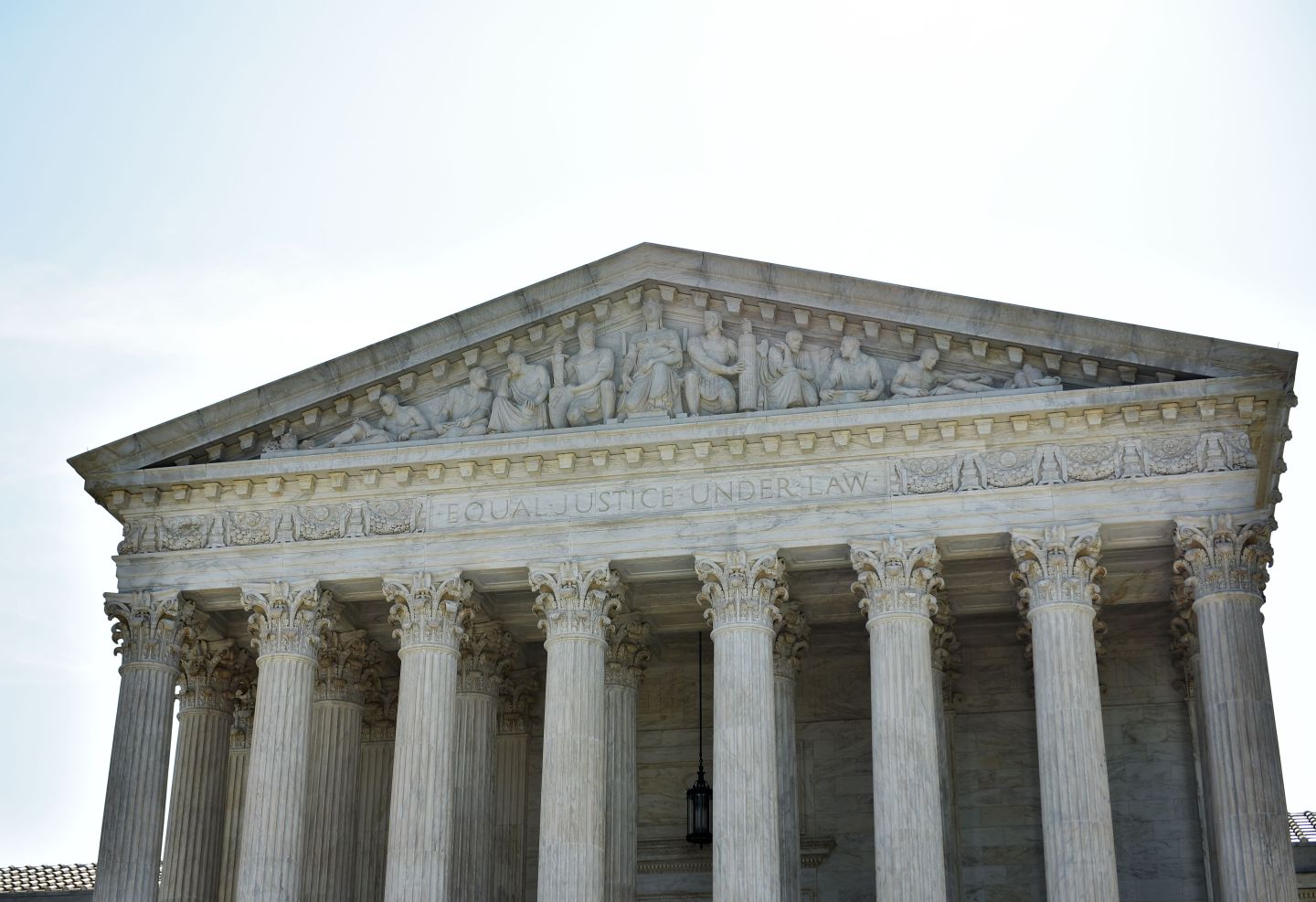The U.S. Supreme Court on Monday boosted one of the tech industry’s go-to defenses in suits to hold websites liable for content posted by others, rebuffing an appeal by women who accused an online ad site of promoting child sex trafficking.
The justices refused to consider reviving a lawsuit against Backpage.com filed by three young women who claimed the website facilitated their forced prostitution through classified advertisements posted in its “escorts” section.
The high court let stand a lower court’s decision last year to dismiss the lawsuit because the Communications Decency Act, a 1996 law protecting free speech on the internet, shielded Backpage from liability for the content of the ads. Tech companies commonly invoke the Communications Decency Act in defending against similar lawsuits.
The tech industry could have faced far-reaching consequences had the Supreme Court decided to limit the scope of the statute.
Get Data Sheet, Fortune’s technology newsletter.
The women sued Backpage and several of its parent companies in Boston federal court in 2014, alleging they were “repeatedly forced as minors to engage in illegal commercial sex transactions” in Massachusetts and Rhode Island starting at age 15 by pimps who advertised on the website. Backpage is the second-largest U.S. online classified ad service after Craigslist.
The Boston-based 1st U.S. Circuit Court of Appeals ruled that the Communications Decency Act, which prevents a website operator from being held liable as the “publisher or speaker” of its user-generated content, granted broad protections to internet publishers.
Over the past two decades, the Communications Decency Act has provided an effective legal shield for the technology industry, protecting social media and e-commerce sites from liability in a variety of lawsuits over unsafe products, stolen property and facilitating prostitution.
But some judges have ruled that the law has been stretched too far.
Robert Corn-Revere, an attorney for Backpage, said the Supreme Court’s rejection of the women’s appeal was “consistent with all the court of appeals decisions interpreting the law.”
The three women in the Backpage case, not identified by name in the lawsuit, argued that the law is being used to block enforcement of federal and state statutes against human trafficking and could undermine efforts to combat other crimes such as terrorism and racketeering.
According to the women, the site profits from the ads and uses techniques, such as anonymous payments, to help traffickers avoid police detection.
A lawyer for the women did not immediately respond to requests for comment.
Eric Goldman, a professor at Santa Clara University School of Law in California who supports broad protections for speech under the law, said Monday’s action by the high court “takes away one of the most powerful and common plaintiff arguments, that a website was designed to capture illegal content.”
For more about the Supreme Court, watch:
It could also be used to help defend website operators if they were accused of facilitating “hate speech” online, although such speech may not be illegal in the first place due to free speech protections under the First Amendment to the U.S. Constitution, Goldman said.
Backpage has faced scrutiny from the U.S. Senate as well as civil lawsuits over allegations that the website facilitates sex trafficking, especially of children.
Its CEO, Carl Ferrer, was arrested last October on criminal charges including pimping but a California state judge later threw out the case against Ferrer and Backpage’s controlling shareholders, ruling that the Communications Decency Act barred prosecution.
California prosecutors subsequently refiled charges against the executives, and the case is pending.












